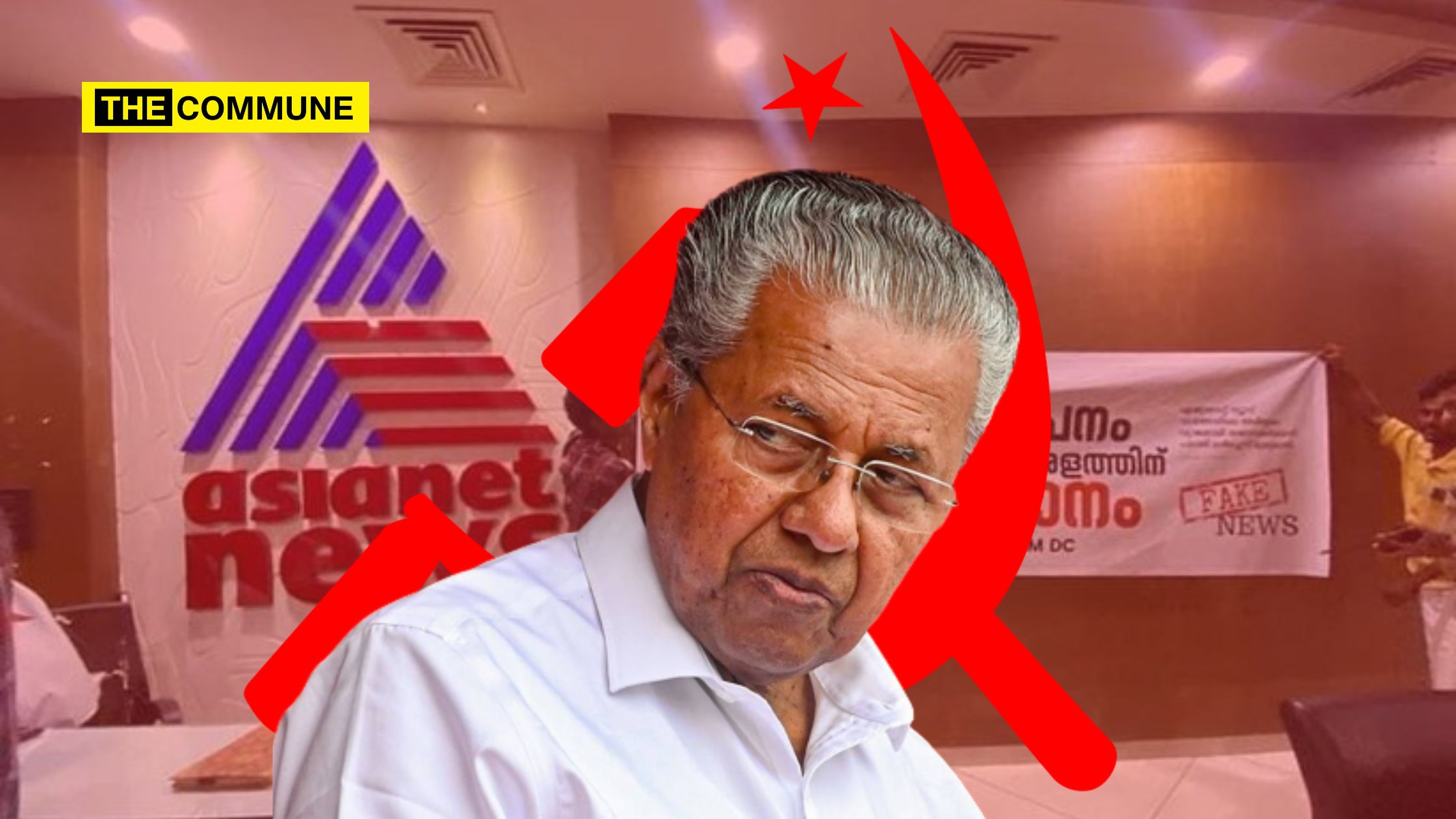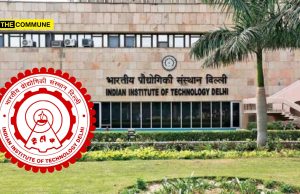
Kerala High Court has directed the State police chief to provide adequate police protection to the offices of Asianet News if they make a complaint seeking police protection from the violent protests. The court issued the directive after the channel submitted that they were facing threats from SFI and DYFI workers, the student’s wing and the youth wing of the CPI(M). Police in Kerala carried out searches at the Kozhikode office of Asianet News in connection with a case registered over a report featuring a minor girl. No device or document was seized. The action came just days after Kerala SFI activists allegedly barged into the channel’s Kochi office over a report, aired last year. Following the events, the court in its part acknowledged the fact that the issue has attained ‘political colours’ and possibility of further violent protests. It was once said by Chairman Mao that “all political powers come from the barrel of a gun” and in case of communist dispensation of Kerala, the CM and his cronies is using the brute force of party cadres and police units to solidify their political power.
The Incident
The interesting question is that why Asianet channel has invited ire of communists in the state? At the centre of the controversy is a roving report series “Narcotic is a dirty business’’ which the channel had telecast in November last year, as part of its campaign against drug menace in the state. On November 10, the channel telecast an interview of a 14-year-old school girl from Kannur, who was allegedly abused after being forced to use synthetic drugs. The girl had told the channel that more than 10 girls were trapped by the drug mafia. The show, which features in-depth ground reports themed on one issue in each episode, had focussed on synthetic drug abuse among school and college students in Kerala. The report was by senior correspondent Naufal Bin Yusaf, whose investigative pieces have often irked CPM’s cadres in Kannur.
The show on November 10 had come on the heels of an anti-drug campaign across schools endorsed by excise minister MB Rajesh. It alleged that students were deployed as drug mules in the district and many of them were also sexually harassed. The report by the channel also revealed alleged connection of party members in trade and facilitation of such illicit activities in the state. But the truth is that the party has a running feud with the channel. Its news anchor Vinu V John is facing a case after CPI(M) Rajyasabha member Elamaram Kareem complained against Vinu V John last year after the former was provoked over a news hour discussion against the hardships caused to people by a Baharat bandh called by trade unions last year.
The party has also taken a hard stance against the channel much prior to the raid. Earlier, CPI(M) had announced that party representatives would not take part in the debates aired by Asianet. While legislators, political parties, and journalists’ unions have condemned the incident and termed it an attack on the media, the CPM’s leadership is silent. Even the party’s general secretary Sitaram Yechury, who had hit out at the Narendra Modi government on the same day the income tax department searched the BBC India’s offices last month is silent. His party politburo, which was quick to release a statement on BBC titled ‘intimidating media’ has its mouth zipped.
The Rot Within
Kerala is known for a relatively better democratic political culture. The state also boasts of high achievements in terms of Sustainable Development Goals. It has high literacy, and a relatively better life expectancy than many other states in India. The same is true of its per capita income. However, there are disturbing tendencies in the state. Latest data shows that the police registered 26,629 cases under the Narcotic Drugs Psychotropic Substance (NDPS) Act in 2022. This is 300% more than the 5,924 cases in 2016 and 188% higher than the pre-Covid year cases. Kerala also has the highest per capita consumption of alcohol in India, over 8 litres. A significant part of the daily wage of workers is spent on alcohol, one of the major sources of revenue for the government. Despite high literacy and an active democratic political culture, there is also a growing tendency of political intolerance and political violence in Kerala. Though the media is relatively robust and free, questions about media ethics and press freedom are increasingly being asked. At the same time, there is also a growing tendency of intolerance towards journalists critical of those in power. The invisible rot in Kerala society is spreading while the ruling dispensation encashes the state for their own personal benefits.
Mao Of The South
The ‘Asianet incident’ is not a standalone one, it only adds another chapter to the long story of autocratic behaviour by the Kerala CM and Pinarayi Vijayan government. Media professionals in Kerala see Pinarayi Vijayan as a leader with a dislike, or even contempt, for the media. With little shift in this perception after the leader’s appointment as the chief minister. In 2016, contrary to the practice of holding press conferences after Cabinet meetings, Vijayan dropped interactions with the media and started issuing press releases. In 2017, when journalists went to cover a “meeting” at a hotel in Thiruvananthapuram, they were ousted as the chief minister yelled “kadakku purath” (Get out). It was a closed-door meeting with RSS leaders reportedly mediated by Yoga Practitioner Sri M. In 2020, the Chief Minister’s amendment to the Kerala Police Act, aimed at preventing cyberattacks against women, was seen as a bid to curtail media freedom. It sought to introduce a new provision to criminalise defamatory content but was rolled back following outrage by the opposition and civil society.
These incidents are on top of already existing restriction on press from covering proceedings in the assembly. The incident clearly reveals that Kerala CM has often demonstrated his Maoist behaviour in countering the media. The Vijayan government is not receiving a good coverage by the press, back to back high profile allegations linking personal secretaries of CM himself are doing the rounds in news circles rocking the confidence of ruling left. In desperation the CM is lashing out at media, dissent is the cornerstone of a democratic society and CM as a democratically elected leader must accept it.
By allowing his henchmen to catch the media by throat, Pinarayi Vijayan has once again proved that he is a true Communist!
Click here to subscribe to The Commune on Telegram and get the best stories of the day delivered to you personally.




